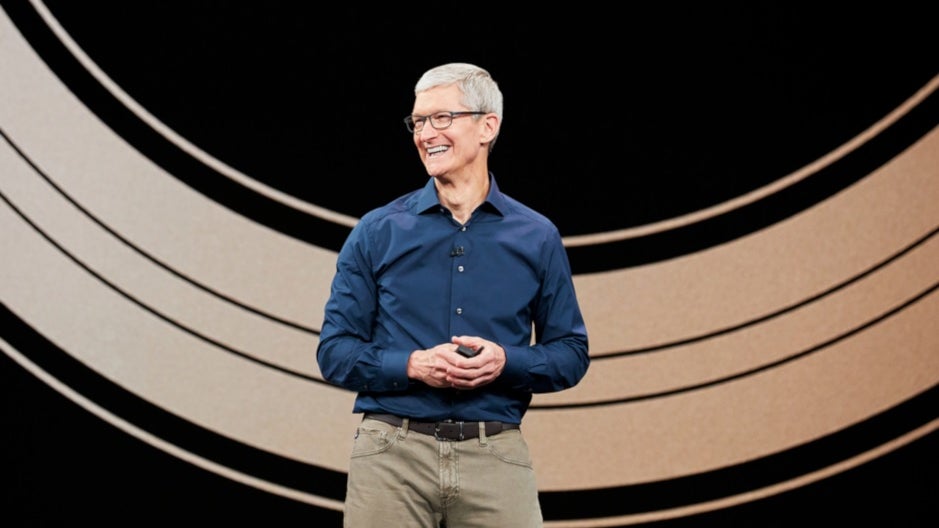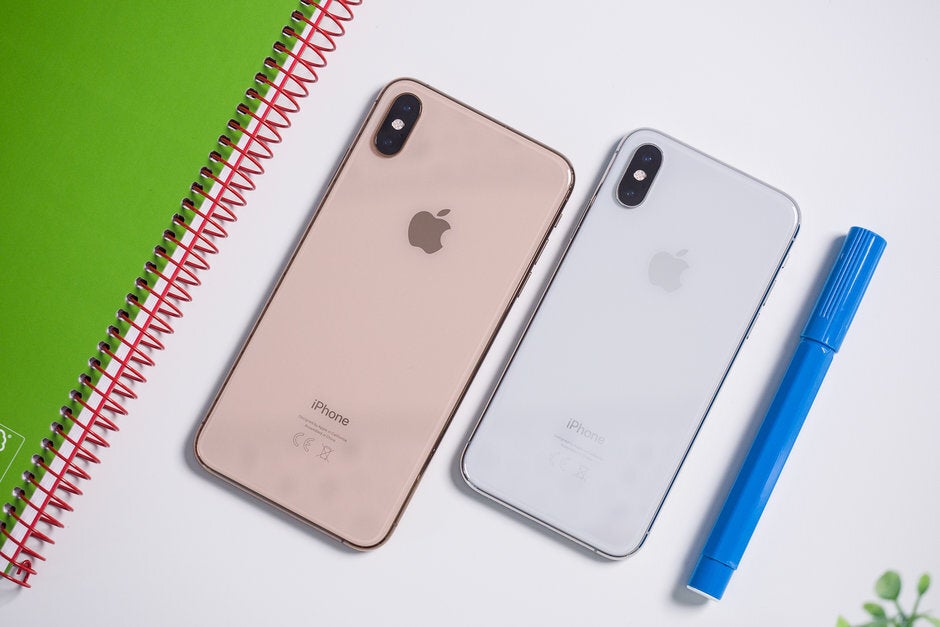Tim Cook's allegedly misleading statements could cost Apple some money

You might recall that back in August 2018, Apple became the first publicly traded U.S.company to reach a valuation of one trillion dollars. The stock continued to rally until January 2nd, 2019 when Apple cut its revenue forecast for its fiscal first quarter of 2019 from a range between $89 to $93 billion to $84 billion. A number of factors were to blame for the shortfall including currency translation; because the dollar was stronger than the Chinese Yuan, iPhone sales in China brought fewer dollars into Apple's coffers preventing the company from meeting or exceeding its guidance for the quarter.
Apple CEO Tim Cook's comments at the center of a class action suit against Apple
Wall Street does not like surprises and as far as Apple analysts were concerned, this was a big one. In fact, it was the first time that Apple had sliced its revenue forecast since the unveiling of the OG iPhone in January 2007. According to Reuters, this week U.S. District Judge Yvonne Gonzalez Rogers, the same judge presiding over the court battle between Apple and Epic Games, ruled that a U.K. pension fund can sue Apple in a class action suit over a conference call that Apple held on November 2nd, 2018. While CEO Tim Cook said during that press event that Apple was facing sales pressure in some emerging markets, Apple's chief executive said that "I would not put China in that category." But just a few days later, Cook told Apple suppliers to cut production because of waning demand from China; on January 2nd the company sliced its quarterly revenue forecast by as much as $9 billion. The next day, Apple's shares plunged 10% erasing $74 billion of market value off of the stock.

Apple is the subject of a lawsuit related to comments made by Tim Cook in 2018
In her 23-page decision released on Wednesday, Judge Rogers said that Apple stockholders have alleged that Cook's statement about Apple feeling "sales pressure" in some emerging markets (but not China) was "false and misleading." She added that it seemed unbelievable for Cook not to see the "troubling signs" in China that the company itself had spotted. The judge added that it "strains credulity" to believe that Cook was unaware of the trade tensions between the U.S. and China and how it would impact Apple. Rogers also said that the plaintiffs reached the conclusion that Cook knew that there were risks pertaining to China when he spoke during the analyst call. And according to the judge, the plaintiffs reached the conclusion "that Cook did not act innocently or with mere negligence." Judge Rogers also dismissed claims related to demand for Apple's 2018 handsets like the iPhone XS and the iPhone XS Max.
The plaintiffs are led by the Norfolk County Council as Administering Authority of the Norfolk Pension Fund, located in Norwich, England. The suit is filed in U.S. District Court, Northern District of California. Apple and its legal team will have to try and create some doubt about whether Cook should have had knowledge of what was happening with China's economy and how it would affect the company. Investors who are managing large sums of money, such as the plaintiff, would consider Cook's comments a sign that Apple wasn't experiencing any issues related to its business in the country. If you were sitting on the jury trying the case, could you believe that the CEO of one of the most powerful tech companies worldwide had no idea about the economic conditions in one of the most important countries where the firm does business? It is a long shot to be sure which means that unless Apple feels strongly that it can win, it might behoove the tech giant to settle. Of course, we're not lawyers nor do we play one on television.
Follow us on Google News













Things that are NOT allowed:
To help keep our community safe and free from spam, we apply temporary limits to newly created accounts: